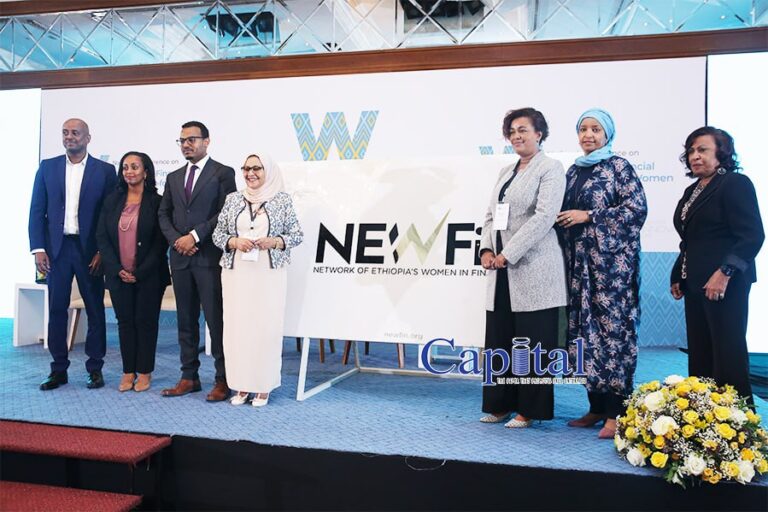The Ministry of Planning and Economic Development has announced the commencement of publishing a series of reports reviewing the Citizen Investment Plan for all Egyptian governorates for the fifth consecutive year. This initiative aims to raise awareness among citizens regarding the directions and priorities of the sustainable development plan for the fiscal year 23/2024 and its role in achieving Egypt’s Vision 2030. The ministry initiates this series with Giza Governorate, coinciding with the celebration of the governorate’s national day, observed annually on March 31st.
Dr. Hala El-Said, Minister of Planning and Economic Development, emphasized the utmost importance of ensuring citizens’ participation in development decision-making, with human welfare at the center of development efforts. She highlighted the goals of achieving spatial justice, reducing geographical disparities, empowering local communities economically and socially, and providing basic services across all geographic areas to foster genuine societal development. Dr. El-Said underscored that these principles align with Law No. 18 of 2022 on State General Planning, which emphasizes enhancing stakeholder participation in the development process and promoting scientific research and innovation to achieve balanced, geographically, and sectorally sustainable development. She further emphasized that citizen participation in the development process necessitates access to detailed data on state development plans, enabling them to monitor implementation periodically within a comprehensive and integrated framework to enhance participatory planning.
Regarding the Citizen Investment Plan for Giza Governorate, Dr. El-Said explained that it comprises 586 developmental projects, with public investments totaling 82.7 billion pounds for the fiscal year 23/2024, representing an 8.8% increase compared to the 22/2023 plan.
Concerning the sectoral distribution of targeted public investments in Giza Governorate for the fiscal year 23/2024, the Ministry of Planning and Economic Development report highlighted that investments of 35 billion pounds are allocated to the transportation sector, accounting for 42%, followed by the housing sector with 32 billion pounds, accounting for 39%. Investments in the higher education sector amount to 5.6 billion pounds, representing 7%, while the antiquities sector receives 2.5 billion pounds, constituting 3%, and the pre-university education sector receives 464.8 million pounds, representing 1%. Other sectors receive investments totaling 6.9 billion pounds, accounting for 8%, in addition to projects under the Egyptian Rural Development Project “Decent Life.”
The report detailed that the first phase of the “Decent Life” initiative targets 42 villages in Giza Governorate, with a population of 801,000, including 48% females. The initiative’s projects, aligned with all sustainable development goals, encompass the establishment of 124 residential buildings for first-care families, 6 social units, 11 agricultural service complexes, 16 ambulances, 37 health units, 2550 classrooms, 86 schools, 3 family development centers, a rehabilitation center, 5 drinking water stations, 42 sewage projects, 6 treatment plants, 42 mobile network towers, 43 youth centers, 11 government service complexes, 34 post offices, 6 police stations, 2 fire stations, in addition to canal rehabilitation and lining projects, road paving projects, bridge construction, markets, parking lots, and electricity projects.
The report further outlined the plan’s focus on implementing 121 developmental projects in the housing services sector in Giza Governorate. Key targets in this sector include directing approximately 2.7 billion pounds towards drinking water and sanitation services, implementing 55 projects in higher education, including equipping existing educational facilities at Cairo University, and executing 9 projects in the transportation sector, such as rehabilitating the subway’s second line and establishing the railway complex in Bashitil.
The Citizen Plan for Giza Governorate for FY 23/2024 also encompasses targets for the Egyptian Family Development Program, aiming to improve population indicators by reducing the average dropout rate from primary and preparatory education, increasing women’s participation in the workforce, and reducing the illiteracy rate.
Distributed by APO Group on behalf of Ministry of Planning and Economic Development – Egypt.






